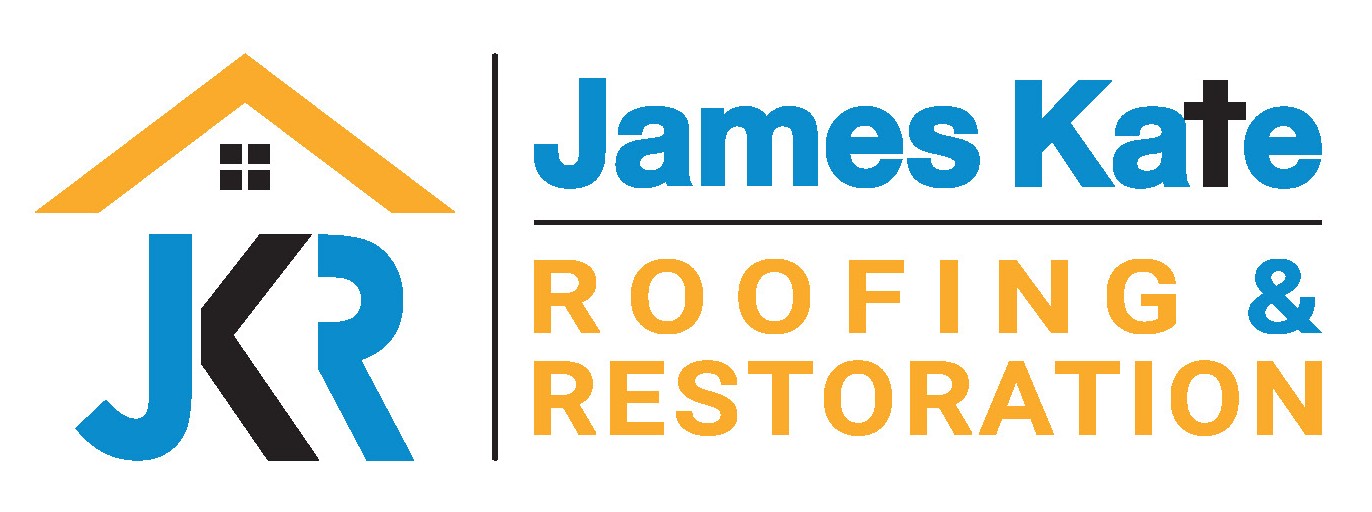If you are considering installing Solar panels on your roof, you may wonder which type is the most efficient. While all Solar panels are designed to convert sunlight into electricity, some are more efficient than others. This blog will look at the most efficient roof Solar panels and how to choose the right one for your home.
Types of Solar panels
There are two types of Solar panels: monocrystalline and polycrystalline.
Monocrystalline Solar panels are made from a single, continuous crystal of silicon, which makes them more efficient at converting sunlight into electricity. These panels are more expensive than polycrystalline panels, but they also tend to be more efficient, with efficiencies ranging from 15% to 20%.
Polycrystalline Solar panels are made from multiple silicon crystals, which are melted together to form the panel. These panels are less efficient than monocrystalline panels, with efficiencies ranging from 13% to 16%. However, they are also typically less expensive, making them a good option for those on a budget.
In addition to these two types, there are also thin-film Solar panels made from a thin layer of photovoltaic material. These panels are less efficient than monocrystalline or polycrystalline panels, with efficiencies ranging from 7% to 12%. However, they are also typically less expensive and can be flexible, making them a good option for certain applications.
Factors That Affect SolarPanel Efficiency
Several factors can affect the efficiency of Solar panels, including:
- Temperature: Solar panels tend to be less efficient in hot temperatures, as the heat can cause the electrons in the panels to move more slowly, reducing their ability to generate electricity.
- The angle of incidence: The angle at which sunlight hits the Solar panel can also affect its efficiency. Solar panels are most efficient when perpendicular to the sun’s rays, allowing them to absorb the maximum amount of sunlight.
- Cloud cover: Cloud cover can also affect the efficiency of Solar panels, as it can block some of the sunlight from reaching the panels.
- Shade: Solar panels shaded by trees or other objects can also be less efficient, as the shade can block some sunlight from reaching the panels.
How to Choose the Most Efficient SolarPanel for Your Home
When choosing the most efficient Solar panel for your home, there are a few things to consider:
- Your budget: As mentioned above, monocrystalline Solar panels are more expensive than polycrystalline panels. If you have a limited budget, consider polycrystalline panels, a more cost-effective option.
- Your location: The angle of incidence and amount of cloud cover in your area can affect the efficiency of your Solar panels. If you live in an area with a lot of sunshine and little cloud cover, you may get away with less efficient panels. However, if you live in an area with frequent cloud cover or a low angle of incidence, consider more efficient panels to maximize your energy production.
- Your energy needs: The size and efficiency of your Solar panel system will depend on your energy needs. If you have a large home with high energy needs, you may need a larger, more efficient Solar panel system. If you have a smaller home with lower energy needs, you may get away with a smaller, less efficient system.
